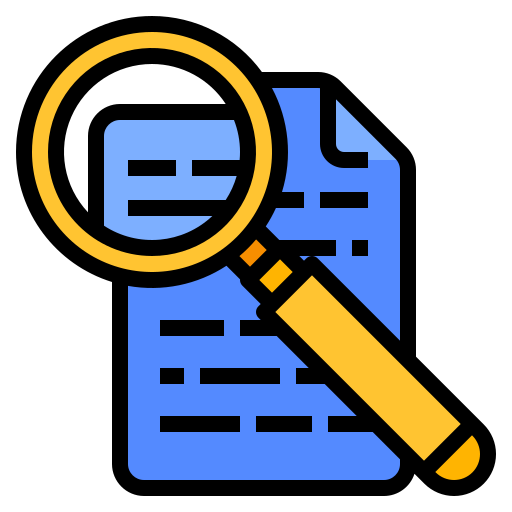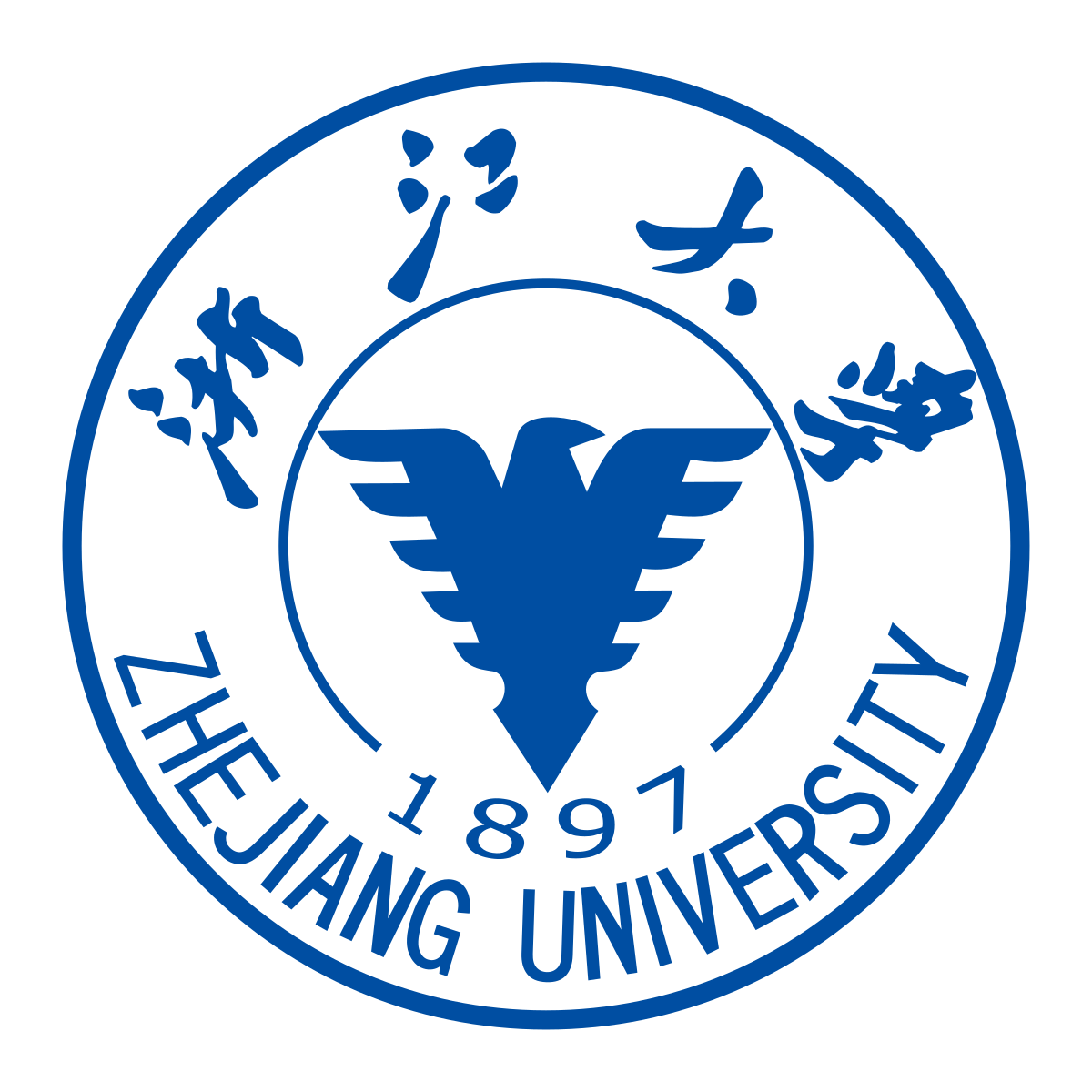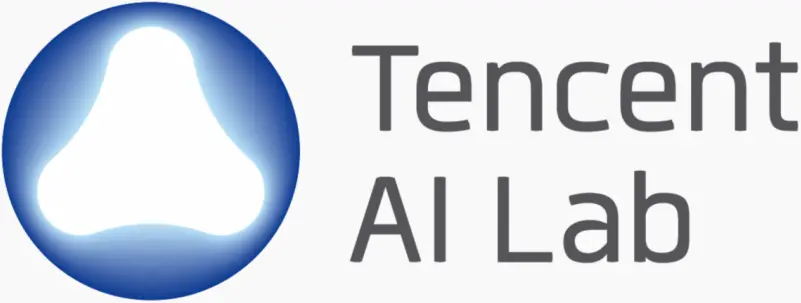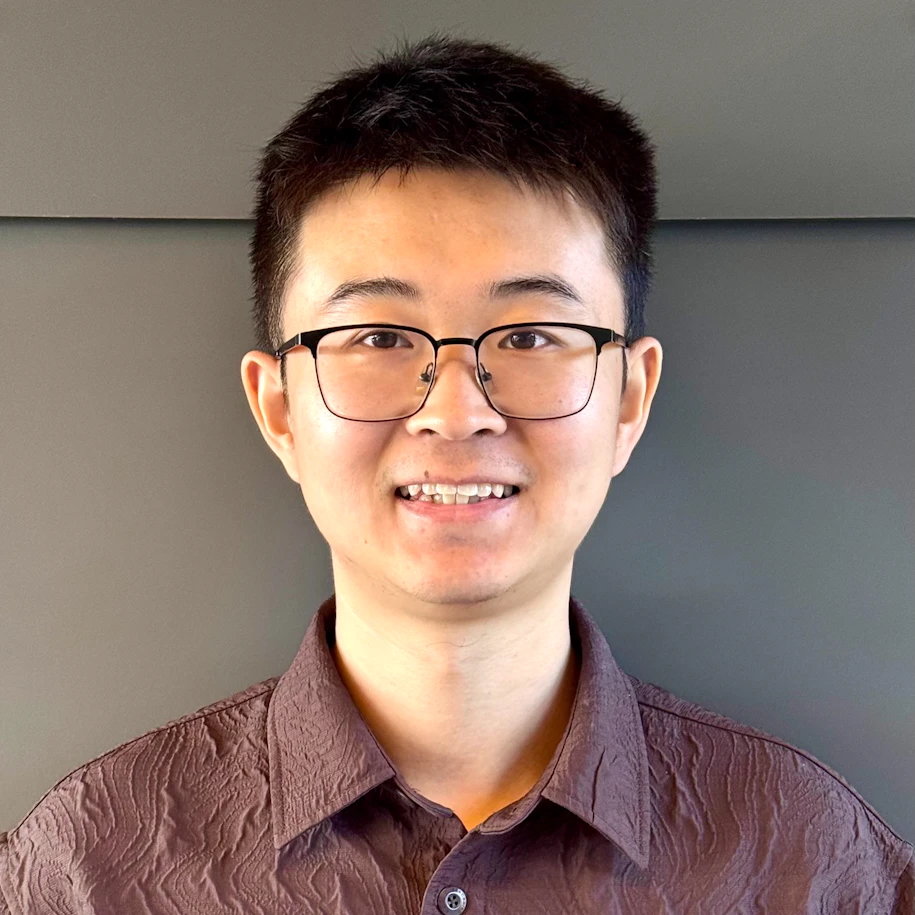Hi! My name is Yue Yang. I am a research scientist at PRIOR of
Ai2
.
I obtained my Ph.D. in Computer and Information Science at the University of Pennsylvania,
advised by Mark Yatskar and
Chris Callison-Burch.
I am interested in the intersection area of Natural Language Processing (NLP) and Computer Vision (CV).
My current research focuses on applying the knowledge priors of large language models (LLMs)
to various domains (images, videos, healthcare, Embodied AI, etc) to improve the
 Interpretability
,
Interpretability
,
 Robustness
, and
Robustness
, and
 Data Efficiency
of AI.
Data Efficiency
of AI.
Publications
Education

University of Pennsylvania
Philadelphia, PA, USA
- Ph.D. in Computer and Information Science (2020 - 2025)
- M.S. in Robotics (2018 - 2020)

Zhejiang University
Hangzhou, China
- B.E. in Mechanical Engineering (2014 - 2018)
Experience

Allen Institute for AI
Seattle, WA, USA
Research Scientist (08/2025 - Present)
Research Intern (05/2023 - 08/2023, 05/2024 - 08/2024)
🏆 Outstanding Intern of the Year Award (2023)

Academic Service
Reviewer
- Computer Vision: CVPR, ECCV, SIGGRAPH Asia
- Natural Language Processing: ACL, EMNLP, NAACL, EACL, COLM
- Machine Learning: NeurIPS, ICLR, ICML, TMLR
Talks
Ai2 Job Talk
Allen Institute for Artificial Intelligence, Seattle, WA, USA
Language Priors for Visual Intelligence, Jan 22, 2025
Video →WPE-II Presentation
University of Pennsylvania, Philadelphia, PA, USA
Language Guided Concept Bottlenecks for Interpretable and Robust Image Classification, April 29, 2024
Slides →CLUNCH
University of Pennsylvania, Philadelphia, PA, USA
Investigate Procedural Events in a Multimodal Fashion, November 22, 2021
Slides →